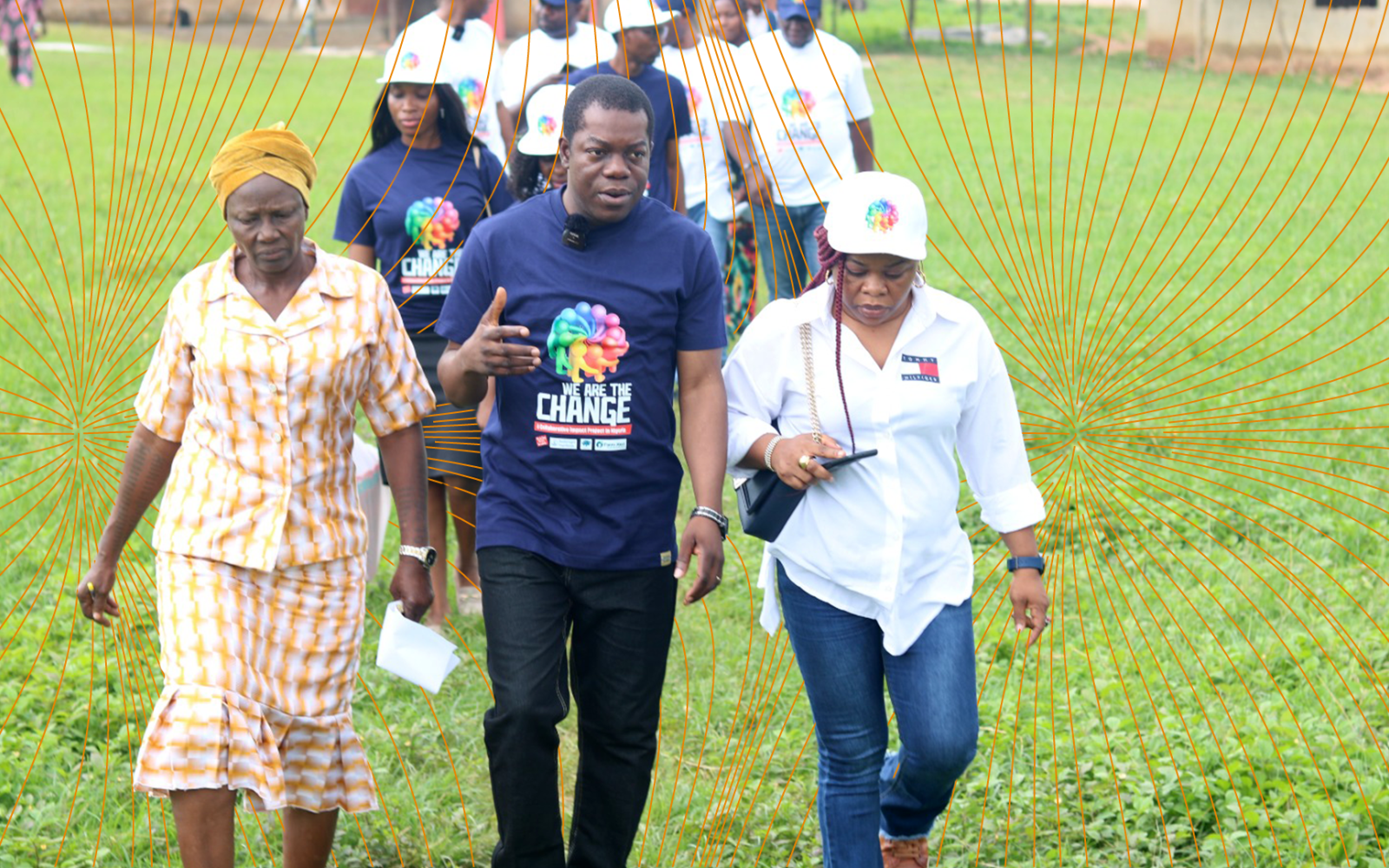Empowering Communities Through Compassion
DR. MOSES AROKOYO | REGIONAL SALES MANAGER IN SUB-SAHARAN AFRICA AT BOEHRINGER INGELHEIM | NIGERIA
Moses' mission to uplift others spans from supporting vulnerable individuals at home to aiding farmers and renovating schools. His dedication as a changemaker drives both his personal and professional life, creating lasting impact in his community and beyond.
